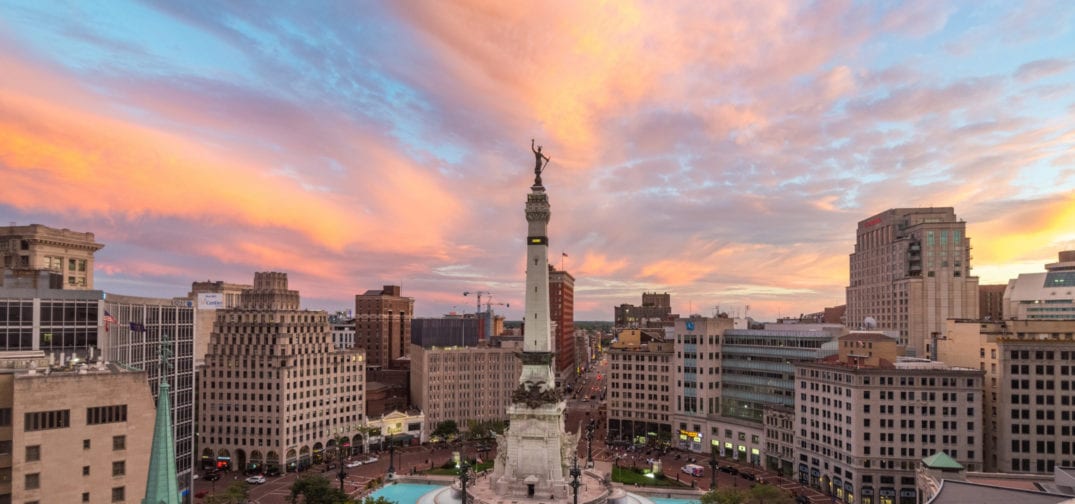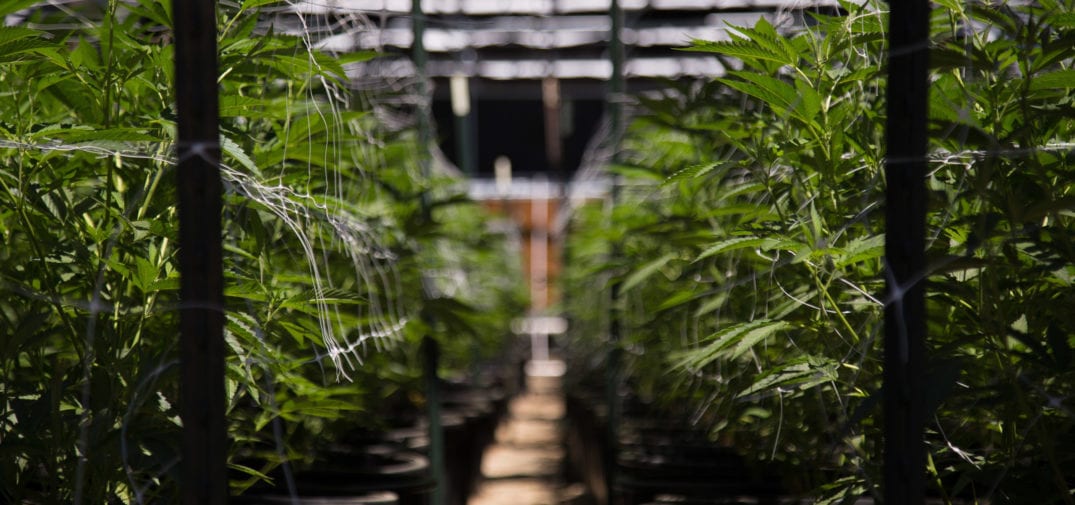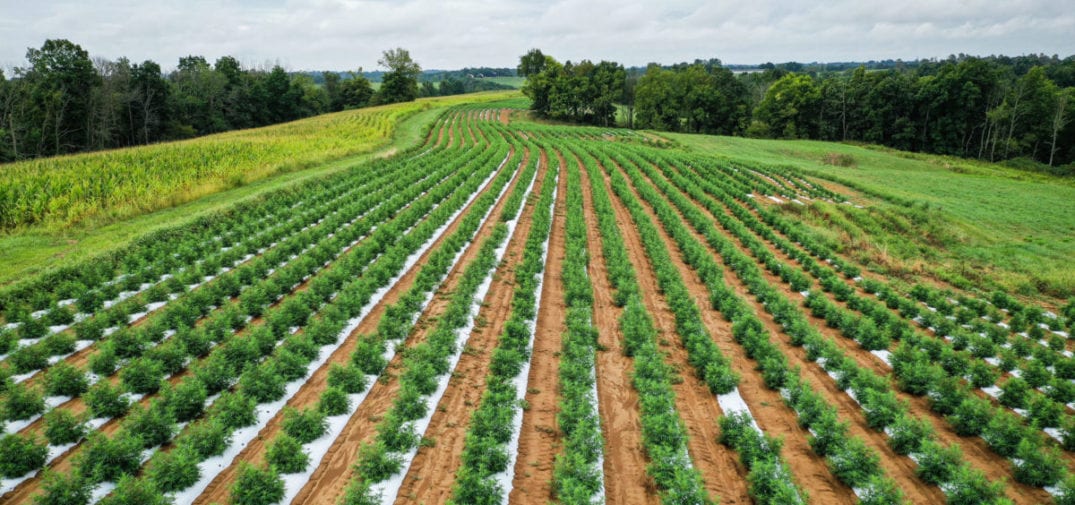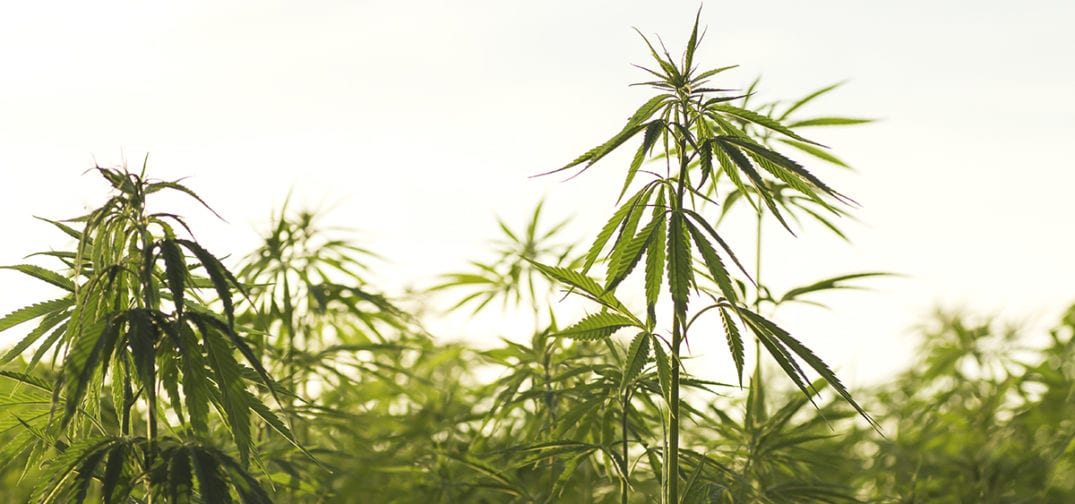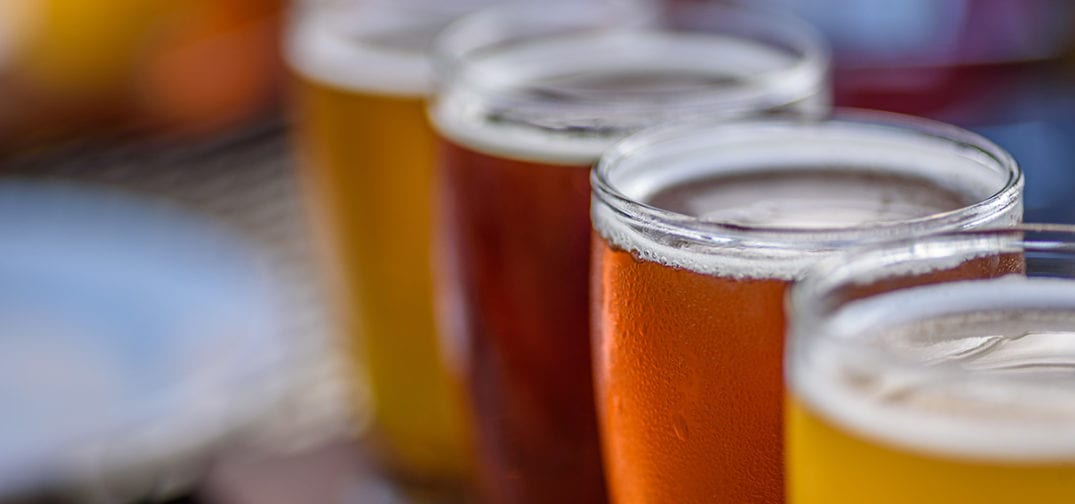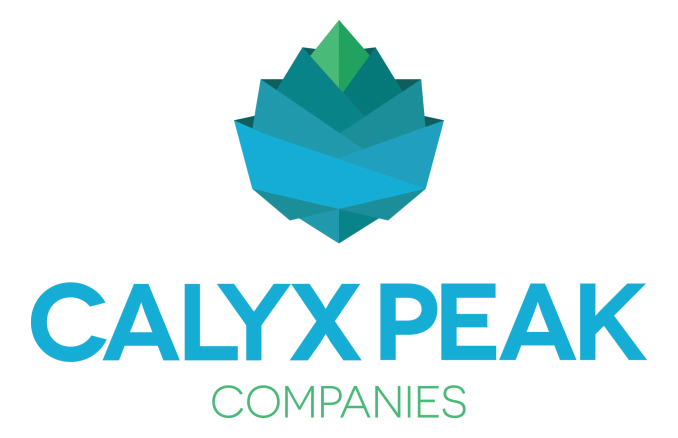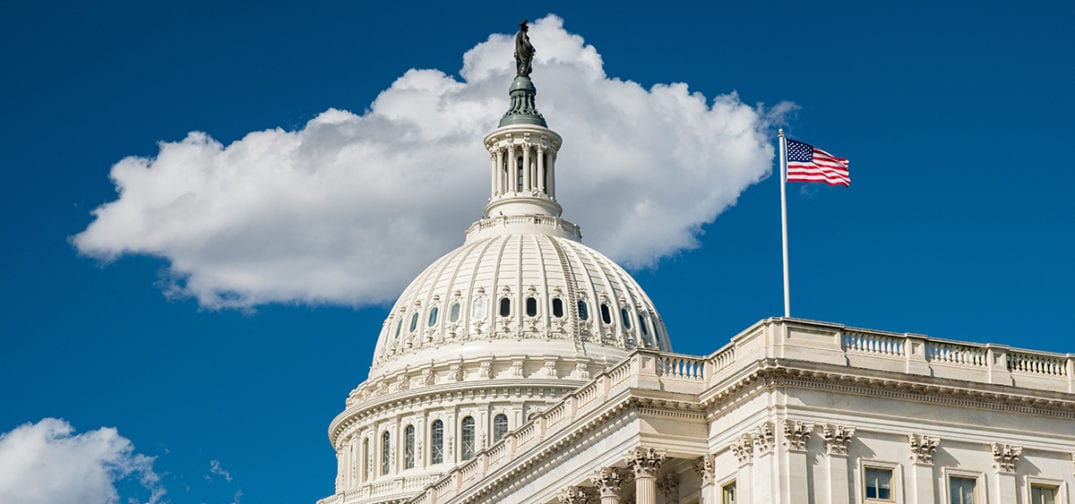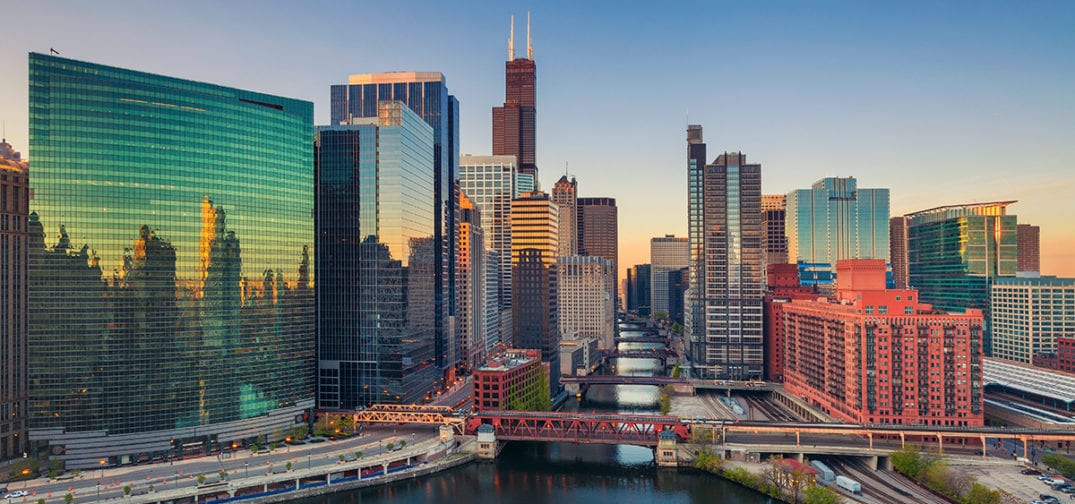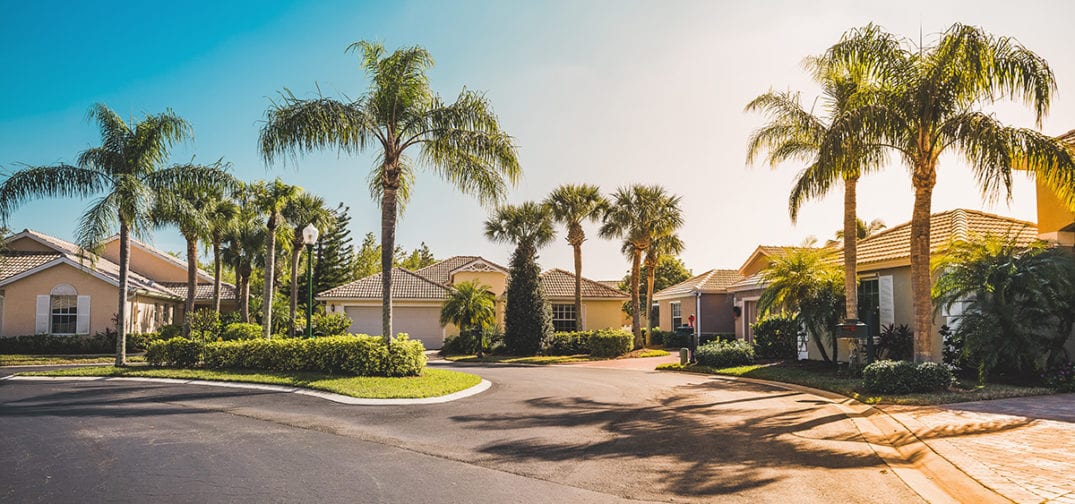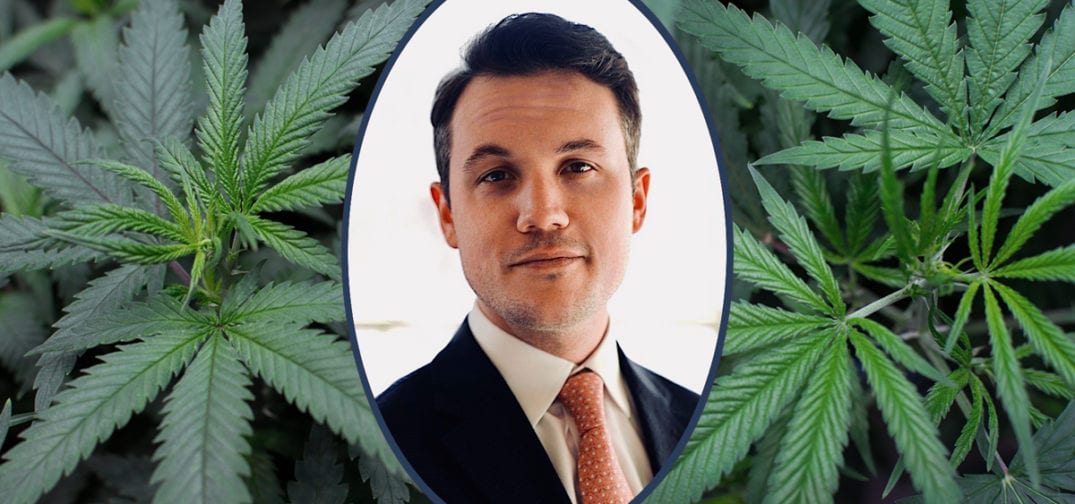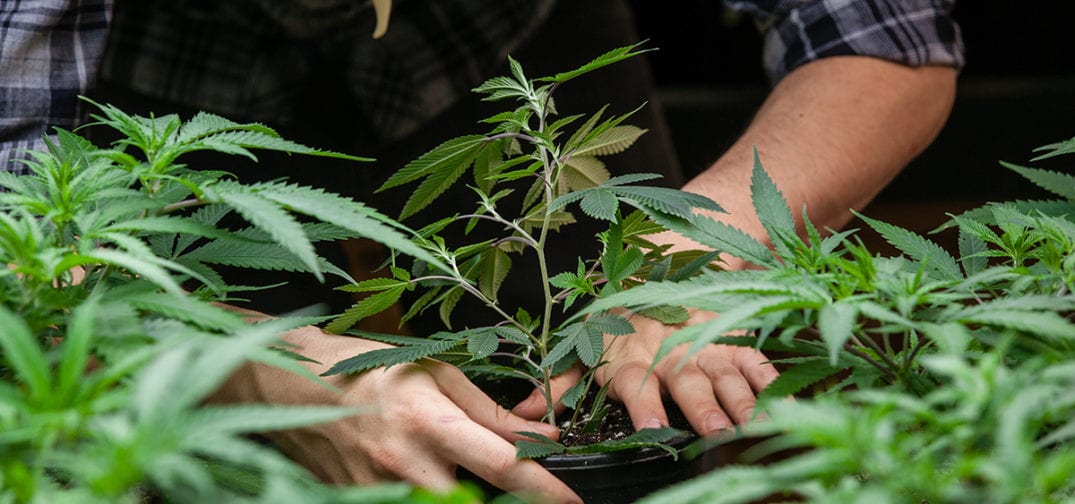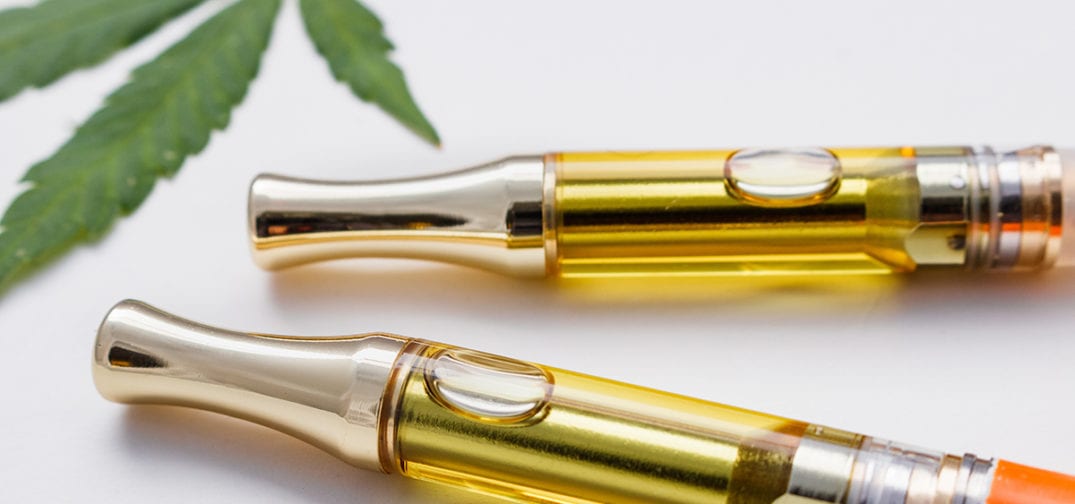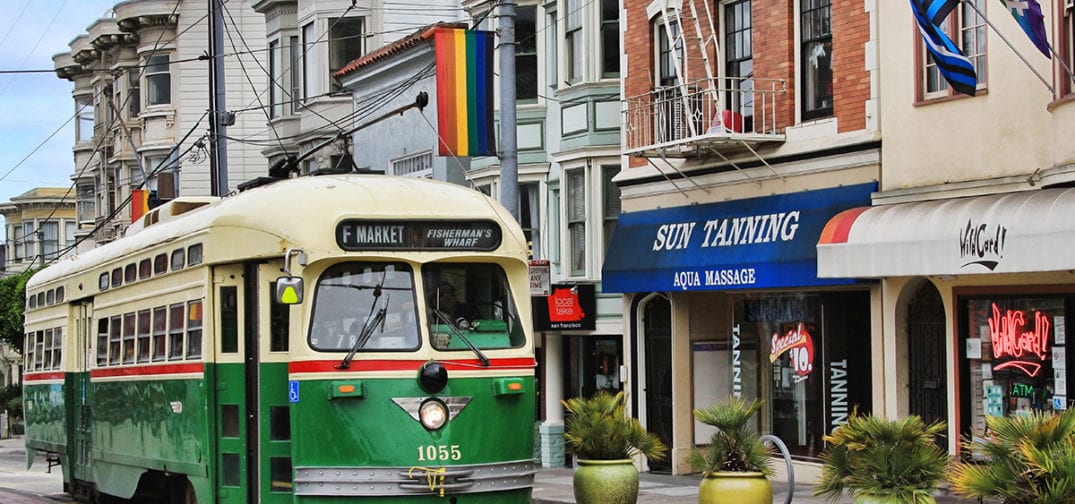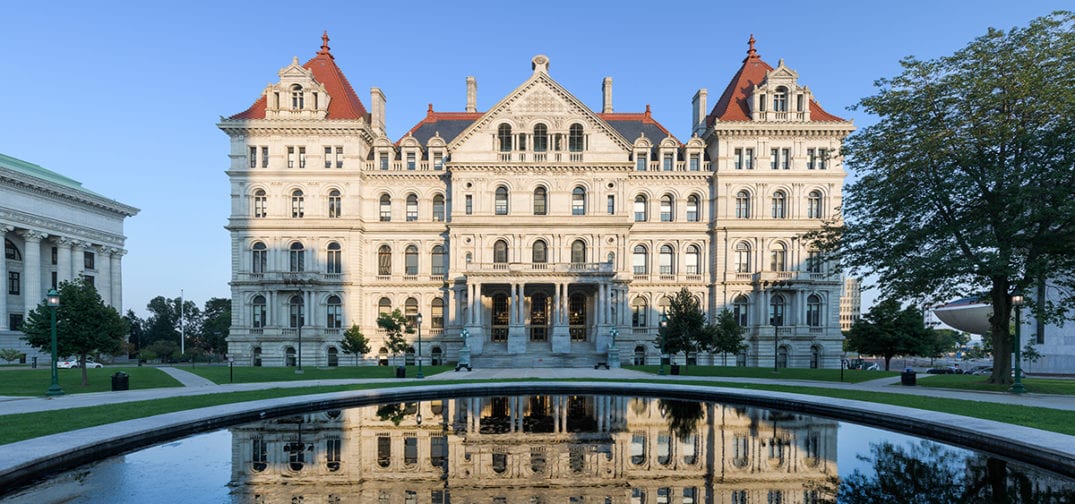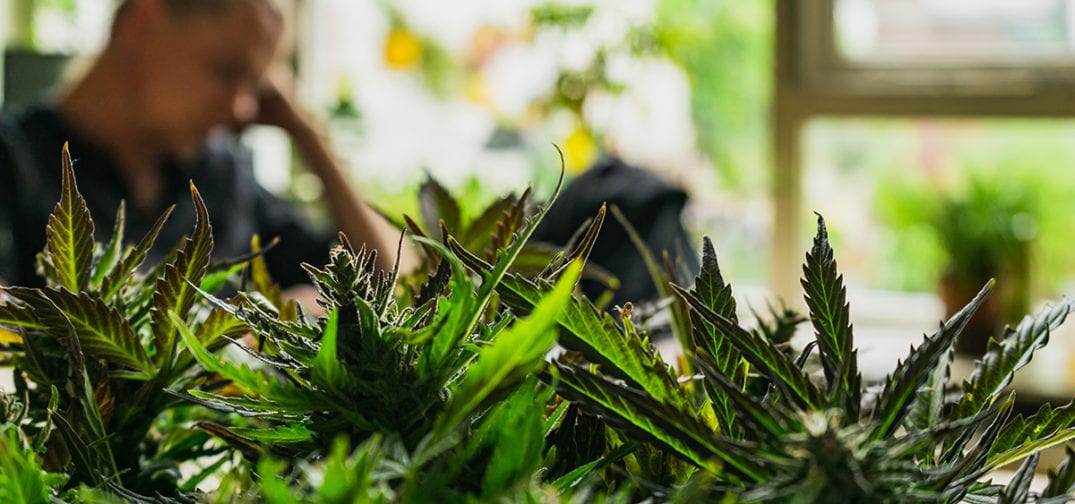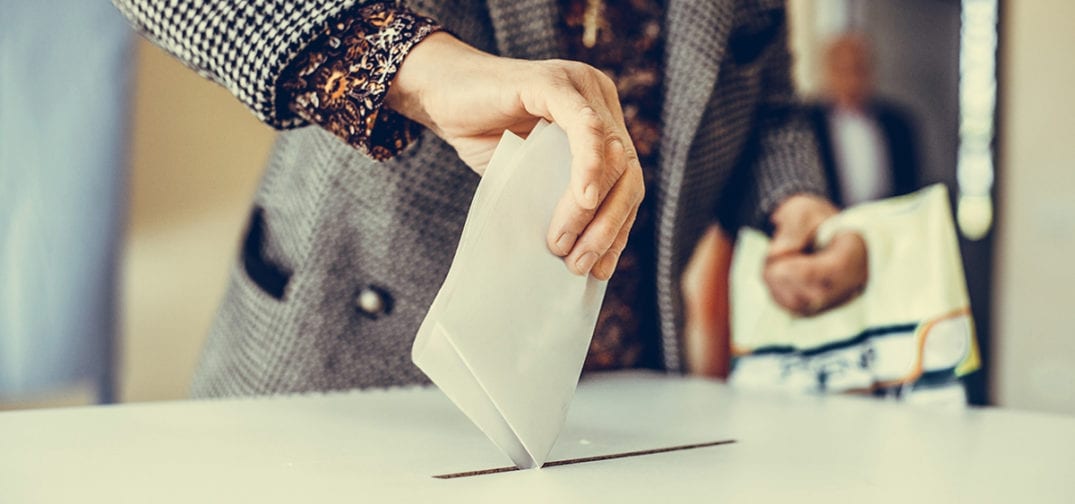Michael recently answered some questions for our latest written Q&A session — in this interview, we hear about the launch of Capital Business Collective, the difficulties and rewards of connecting investors with cannabis entrepreneurs, the benefits of working with an investment “collective,” and more.
Check out the full interview below!
Ganjapreneur: How long has Cap Biz Collective been connecting investors and entrepreneurs? Where did the idea for the business originate?
Michael Catudal: We started Capital Business Collective in August of 2016 primarily for consulting startups and small businesses on increasing efficiencies within their business operations and financial activities. I brought several years of manufacturing automation and finance experience and combined it with my business partner’s finance and investment experience, and we started building out our network, or “collective,” of subject matter experts. As the new consultants on the block, we’d use these SME’s on projects where we felt they would augment our skillset and add value for our clients, which in turn helped us build our network and reputation tremendously. That was our initial focus as small fish in the big pond of Washington, DC. Once we shifted our focus to the cannabis industry, much of our consulting work focused on helping companies raise capital and not just helping them overcome operational hurdles. This caused us to focus our efforts on the finance side of things, spanning from M&A opportunities to capital raises, asset/equipment financing, and working/growth capital infusions, while we will still consult those companies as needed to ensure they succeed and protect the investments as best as possible. Now our business model is two-sided: working with the companies needing to raise capital, and working with our network of investors to match them with the opportunities that best fit their criteria.
Have cannabis and hemp been your primary focus since the beginning? If not, what prompted the move into the cannabis space?
Our shift to primarily focusing on the legal cannabis space came when we joined our local Chamber of Commerce at the beginning of 2018. Our very first meeting we met the Founder of a local dispensary who was frustrated with the lack of banking services offered to the industry. As a firm that prided ourselves as the ones who could come up with solutions to the most challenging obstacles that companies face, regardless of the industry, it had actually been an issue that was already on our radar for some time. I’m a strong proponent that all disadvantages are actually advantages in disguise, and also that within gaps in efficiencies are where the biggest opportunities are hiding. The gray market of the emerging legal cannabis space presented both of these to us and we decided this was where we could be most useful moving forward.
What is the ultimate goal of the company?
Our goal is to cement our place in this historic time by having a hand in helping this incredible emerging industry grow. There hasn’t been this kind of opportunity for growth and prosperity for new and existing entrepreneurs since Prohibition, and many of these newcomers are bound to do incredible things, but don’t have, or know how to find, access to the capital and resources they need to get their business off the ground and successful. We don’t just want to see the industry grow because of the tremendous opportunity available, we also believe in the medicinal value of the crop. We are board members of a DC-based nonprofit that helps find alternative therapies for Veterans and their families battling PTS, TBI, and opioid addiction. Through our work with the nonprofit and its several partners with similar missions, we’re finding more and more overlap every day between our business in the cannabis industry and those Veterans, first responders, athletes, and other trauma sufferers whose lives are truly being saved by this crop. The more we (and anyone else) are able to assist in the growth of this industry, the more lives that may be able to improve. Our success lies in the success of the businesses we’re able to bring in and help thrive within this industry.
How does the investor membership work, and what opportunities does membership entail?
With our two-sided business model, we make sure we spend as much time providing value to our investor network as we do to our clients in need of help raising money. We do that by offering an exclusive Investor Membership for individual and institutional investors. They pay an annual fee in exchange for 24/7 access to our entire deal flow, which we like to call our “Deal Menu”. All of our deals are listed on our private web page with pertinent info and data for each and it is constantly updated with any changes to new and existing deals. They can browse this Menu anytime and request more info or an introduction to any deal they might be interested in. In addition to 24/7 access to the private web page, we send a weekly email status update to the Members that covers all of the deals on the Menu, and additional “breaking emails” whenever a significant change happens, such as a round opening, closing, or a large proportion of a round being subscribed to. For about the price of a latte a day, this is invaluable insight for investors to have into our extensive network of clients (which now spans the US, Canada, Australia, Europe, Africa, and South America).
How do you identify entrepreneurs and pitch decks to present to members?
We get more requests for assistance than we can keep up with through our website alone, but we’re fortunate to have such a vast network because a significant portion of our clients come to us by referral from friends, colleagues, and other companies we’ve worked with. We vet each opportunity that comes to us to make sure it’s legitimate and has the potential to be a valuable investment for our members, and we only add them to our Menu if we deem them so. It’s important to understand the companies you work with and their people. In a gray and booming market such as this, there are countless imposters and bad opportunities flooding the market and listing one bad opportunity could devastate the firm’s reputation, not to mention an investor’s wallet. We want to ensure every opportunity we promote is worthwhile for everyone involved. We will also work with certain companies, who may not quite be ready to be listed on our platform, to bring them up to that level and begin promoting them when they’re ready.
What do you think the next 5 years look like for cannabis policy in the US and globally?
This is obviously a very exciting time for the cannabis industry all over the world with regulations changing every day. I’m very optimistic about policies improving, including federal legalization in the US. Legislation such as the SAFE Banking Act passing the House and the MORE Act being approved by the House Judiciary Committee indicate to me that the climate for legalization in the US is moving beyond the constituents and finally starting to resonate with lawmakers themselves. As cannabis becomes more mainstream and comfortable, sooner or later they’ll realize re-election will become increasingly difficult the longer they hold out. This paves the way for the STATES Act, or similar legislation that has yet to be written, to eventually pass. Big Tobacco, Pharma, and Alcohol have all already dipped their toe in the water with certain strategic acquisitions, the lobbying money will follow soon.
Where are the most enticing cannabis industry verticals for investors right now?
Right now Hemp/CBD is booming. After the Farm Bill passed about a year ago, people are realizing they can set up the infrastructure that will eventually get them into cannabis once it’s legalized by getting into hemp now, and it’s completely legal at the Federal level in the US and Canada so the regulatory headaches are marginal comparatively. I like growth and extraction businesses the most right now, but the CPG market (beauty products specifically) is getting right up there as well. With the traditional beauty products market being as massive as it is, it’s hard to ignore the CBD parallel with it.
In cannabis specifically, license holders in limited license states. Without question.
What advice do you have for entrepreneurs who might want to send you a pitch deck? What should they have prepared, and how can they get in touch?
We like companies who know the market inside and out (and their niche specifically), who have a meticulous plan for world domination, who have the right people in the right positions, and who are honest about their competitive advantages along with their areas for improvement. Right now in this industry, everyone has the same idea, it’s what you’re doing to differentiate yourself and add value that’s going to attract investors. We don’t need a 40-page business plan, the most immaculate pitch deck in the world, or to-the-penny projections, we can work with you to polish each of them up. But the substance behind each of those elements should be rock solid and completely defensible, by everyone on your team. Once you have those you can send us a message at www.capbizcollective.com or email me directly at michael@capbizcollective.com.
Thanks for answering our questions, Michael! Learn more about Capital Business Collective
Follow Capital Business Collective on Facebook, Instagram, Twitter, and LinkedIn
